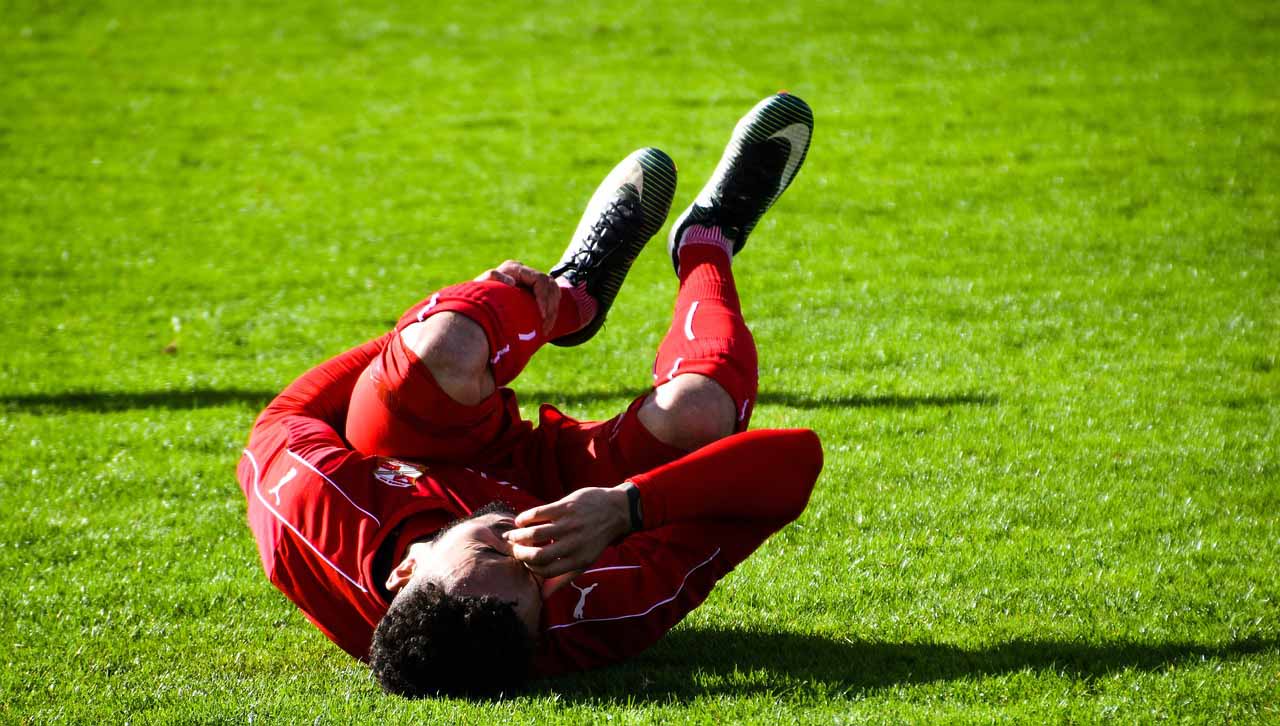They are abrupt, often painful sensations that occur when a muscle or muscles suddenly contract and won’t relax. They can last anywhere from seconds to minutes and can be disabling, especially when the location is in your calves, thighs, feet, hands, arms, abdomen or rib cage. Muscle cramps can strike without warning.
Muscle cramps can be characterised by continuous, involuntary and painful contractions of a single muscle, or an entire muscle group. Generally, cramps last for seconds to a few minutes. Exercise-related cramps are most common and usually manifest during or after physical activity due to dehydration, electrolyte imbalance, or peripheral neurological disorders. In the United States, 37% of adults over the age of 60 report experiencing night cramps in the calf muscles; these are more prevalent among pregnant women. These cramps can impact sleep quality and overall quality of life; however, they can usually be relieved with stretching exercises affecting affected muscles. But what are their causes?
Muscle cramps can strike anytime, anywhere and affect anyone. Possible triggers include overexertion, fatigue, dehydration, strain, electrolyte imbalance, neuromuscular causes or high temperatures/humidity accompanied by excessive perspiration. How can you protect yourself? Prevention and treatment tips include staying hydrated and avoiding activities that are overly strenuous for your body.
Muscle cramps can be treated and prevented in a number of ways. Examples of researched treatments include static stretching, fluid replacement, use of ice/heat, changing body position and massage. Compression sleeves and physical exercise are also thought to help, as is weight loss. An anecdotal range of popular treatments exist too – such as drinking sports drinks (e.g. Lucozade), adding salt/sodium to drinks or drinking tonic water for its Quinine content. Prevention measures for cramp include appropriate fluid intake (around 2-3 litres per day), electrolyte balance and decreasing exercise intensity – plus you should try to drink 1 litre of fluids prior to any sport game or competition. Ensuring a balanced diet is just as important in warding off the chances of cramping up too! If you find yourself suffering with muscle cramps on a regular basis then it may be worth consulting a doctor about your condition.
Generally, muscle cramps do not require medical attention. However, if you experience any of the following symptoms, it may indicate an underlying medical condition: severe discomfort; leg swelling, redness or skin changes; muscle weakness; frequent cramping that does not improve; and causes other than strenuous exercise. Such conditions include blood supply issues, nerve compression or mineral depletion (insufficient potassium, calcium or magnesium).

